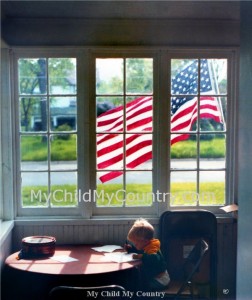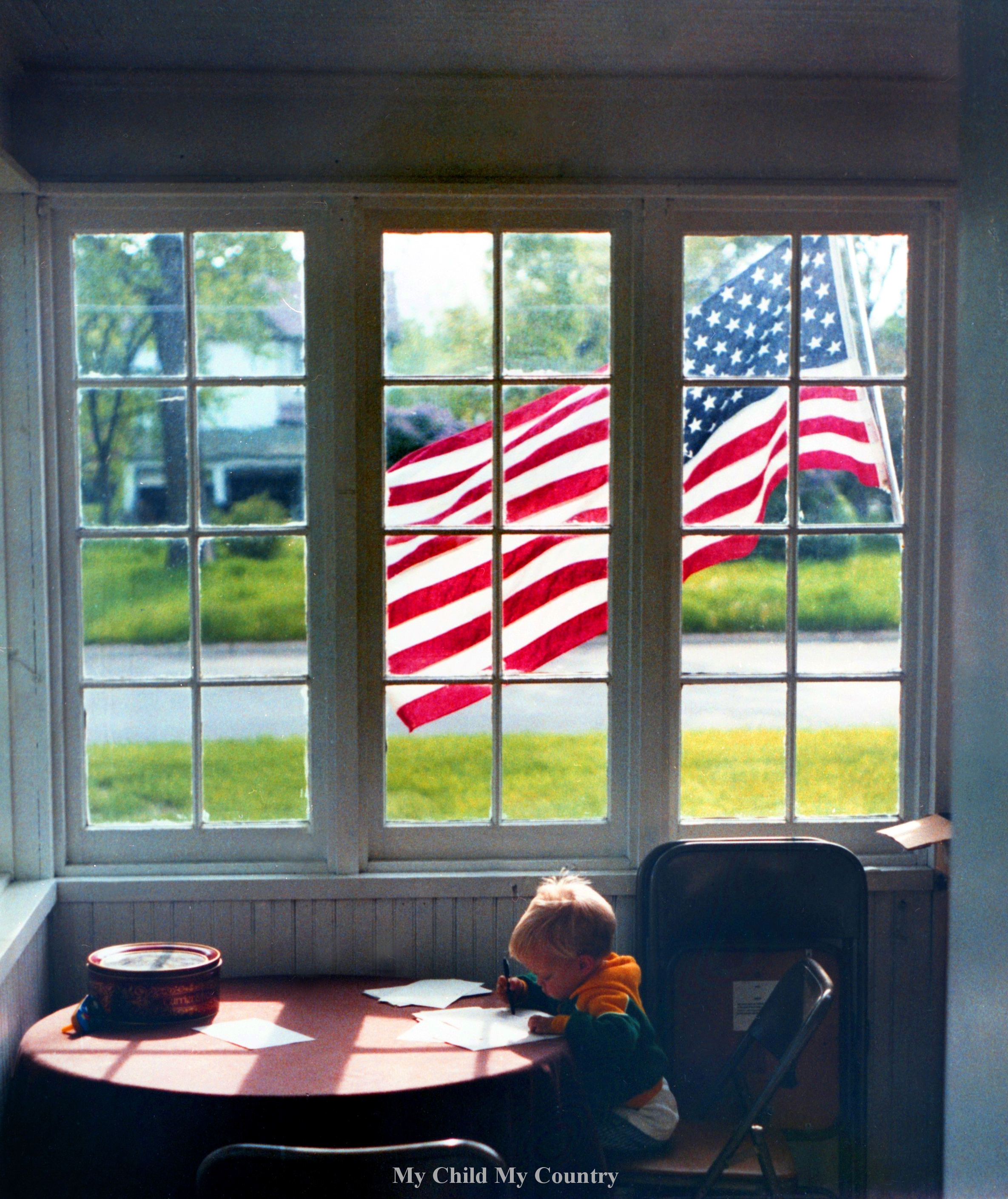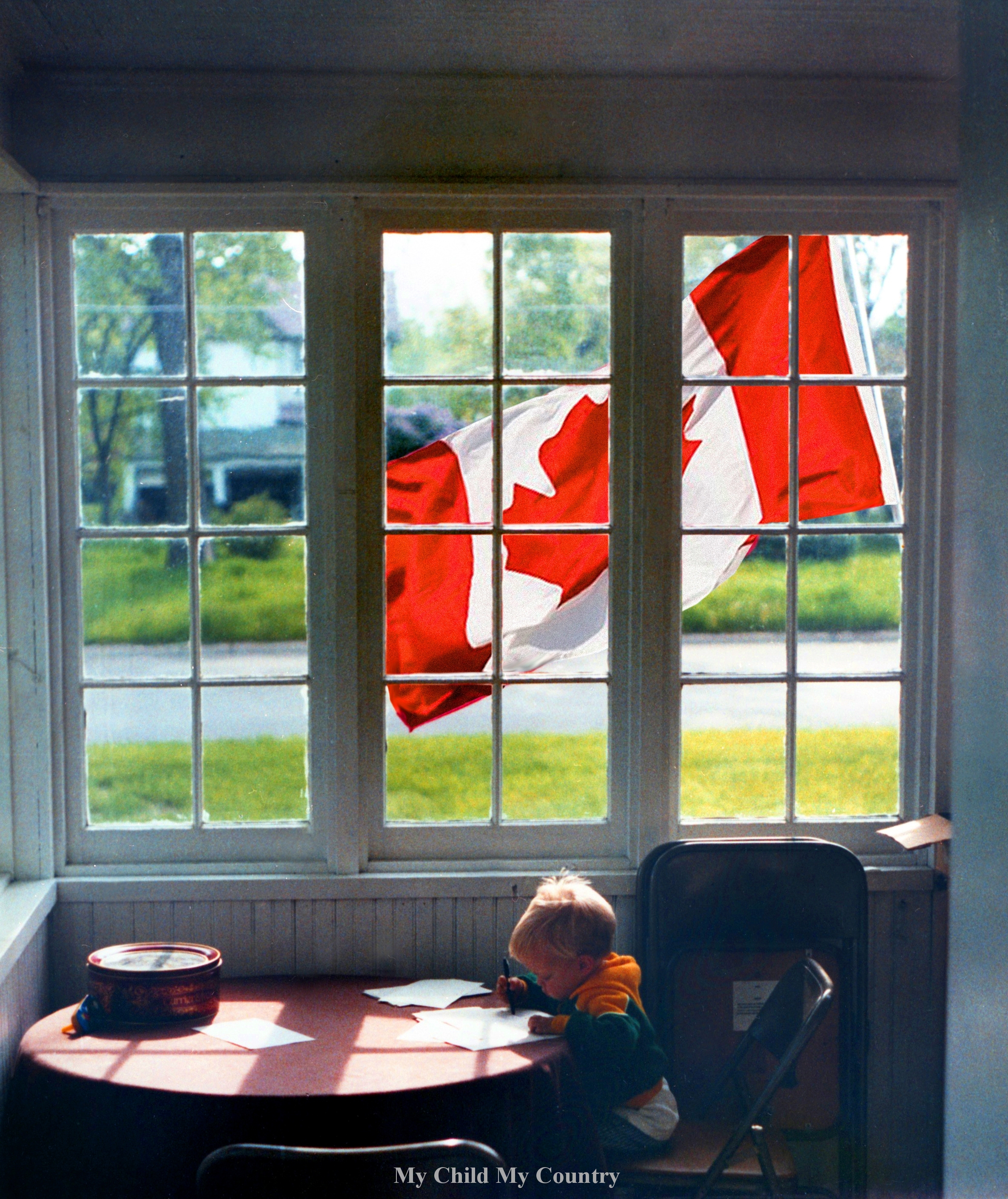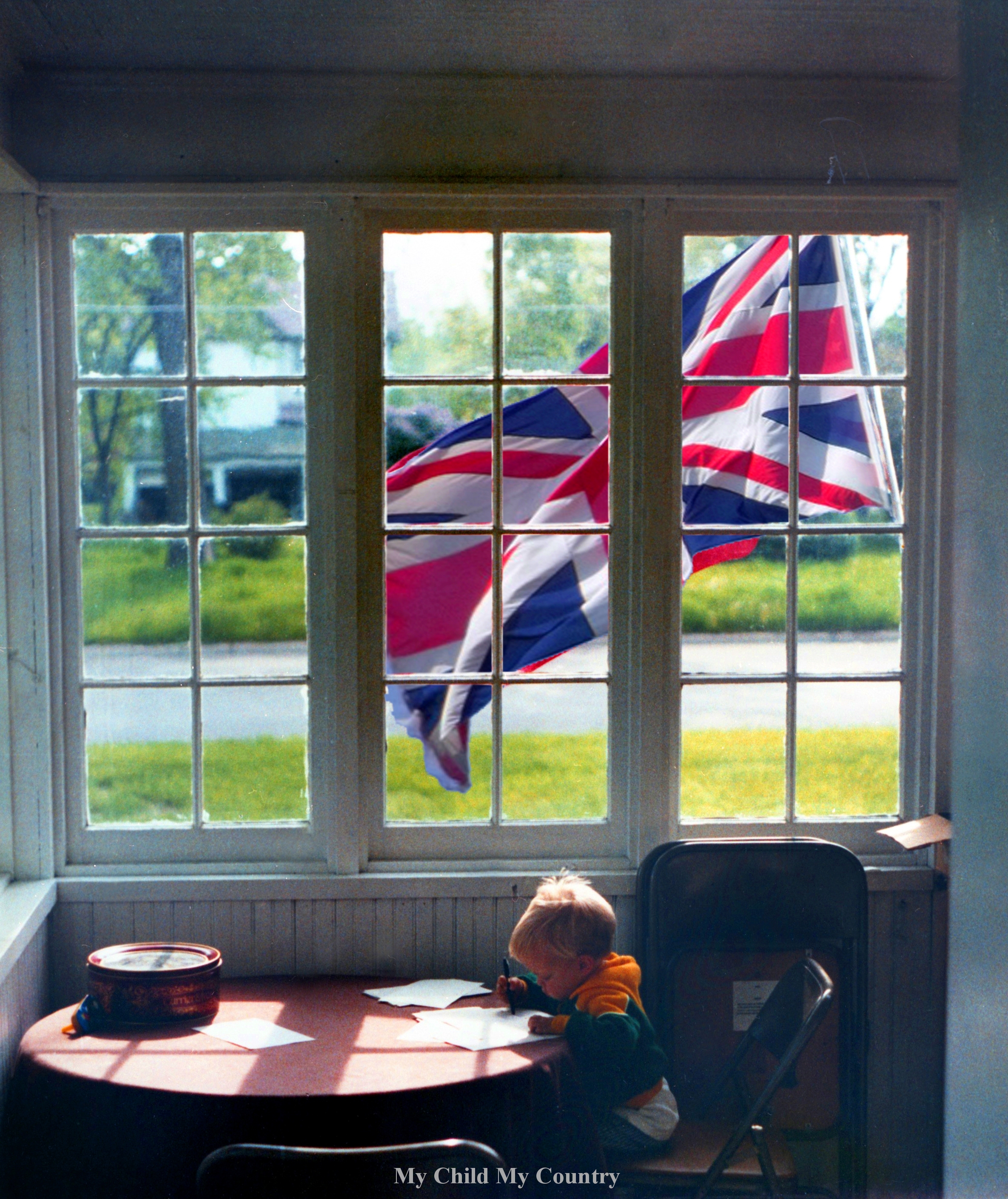A few years ago I had an opportunity to travel to El Salvador for a mission trip. My wife, Ann, and I landed at the San Salvador airport at 10 PM one rainy evening via Minneapolis and Houston. We were greeted by 23 children, two adults, and no English. Our partners that were bilingual were delayed in Miami. The decision was made to take us to the compound where we were staying. Our transportation was a large flat bed truck. We rode up front and the rest in back with a smattering of plastic to ward off the rain. The trip was a twisting dark two lane road cut through the jungle and mountains. We looked at each other and said, “Here we are in the rain, in the dark, in a foreign land, with people we don’t know”. We laughed because the people were a smiling sweet beautiful group. After a forty minute ride, lights appeared to reveal San Salvador. The truck was low on gas and it stopped at a well lit gas station. Through a half a dozen hand gestures I realized no one had any money and I was expected to pay for the gas. It was ok. We were there for that purpose, to help out. We arrived at the compound to four barking dogs behind a twenty foot wall topped with barbed wire and broken glass embedded on top of the wall. This is common in El Salvador, because of the poverty, crime, and gangs that run the streets. Most homes have walls to protect the residents and property. Business’s add armed guards with sawed off shotguns to protect their business. We were met by the head of the house and matron of the homeless meal distribution center next door, Maria Trinidad. The compound serves the inner city of San Salvador and its people. We were representing our church, Family of Christ in Chanhassen, Minnesota and many others who donated money, toiletries, and school supplies. We had six large bags crammed full. At the time, airlines allowed extra bags if affiliated with a mission group. Our bilingual partners arrived around two AM and after greetings, retired to our small, cozy, cell like rooms. I awakened to a pounding on the roof like I’ve never heard before. It was a torrential downpour and dripping heavily through cracks in the roof. Getting up for a constitutional, I walked barefoot through standing water while two inch cockroaches skittered about. Later I heard someone mopping up the water. Soon it was light and the house was abuzz with kids giggling and laughing. Most of the kids had been dropped off at their homes, but we still had six in ages four to sixteen in our house. The four little boys were taking turns playing with the only toy they had, a set of small wheels. Thank goodness I had made a run to Target the day before to get some last minute supplies. The last thing I bought was a package of eight small brightly painted race cars ablaze with a number on top. Sitting down in front of the kids, I placed four of the cars in front of them. They stared at them and then me and did nothing. I pushed them closer and they stared some more. I backed away and they realized the cars were for them. Slowly they each picked one out and held it. I really think it was the first store bought toy they’d ever had. Later their mothers coached them to come up to me, say their names, Wilbur, Jose, Alberto, and Frankie, and say gracious. Made me well up.
Our first encounter with mission work was next door where Maria Trinidad had founded her mission to feed the hungry. We were let in the yellow low slung building at about eleven AM to prepare the meal of rice and beans, bread, and coffee. The meal was mostly cooked already. The one hundred or so street people, mostly men, but some women, filed in at noon and took their seats on plain wooden benches. After a blessing and a prayer, they were served by the locals and us. We sat among them and ate the same food and tried to converse. At times we did and we all laughed and wished we could do more. Trinidad informed us that the abandoned building next door would be useful if it had water. I asked her what she needed to get water. “ Fifty dollars,” She said. We gave it immediately.
The flat bed truck arrived for our next venture. No less than twenty people piled on the back of the truck and we were off to the Lutheran College of El Salvador. We met some of students that our church and others were helping with their college tuition. Before we left, the instructors brought us to a classroom and told us about the threats from the police and government. Most religious leaders in El Salvador are against the corrupt government, and there are still reverberations from the last civil war, in the seventies. A month before we arrived, the caretaker for the college was beaten and hung from the front gate of the college. Many students quit their studies and went home.
We met the Lutheran minister, Pastor Matias, who founded four small churches in the mountains surrounding San Salvador. One day we traveled up the mountain as far as the flat bed truck could go, switched to a small four wheel drive pickup, and then walked and pushed the truck the rest of the way. We arrived at a little village of fifty people, dressed in their Sunday best, welcoming us with a chicken dinner. This was big, because their diet is usually rice and beans. There was a program in which I was nominated to talk, translated by pastor Matias. They asked us not to abandon them, because they were building a new school. I looked at their soulful faces, big brown eyes, ragged cloths, and told them with choked voice, “We will not”.
The next day we arrived at a house in the country where there was a party for us. They danced and sang, fed us, and somehow came up with ice cold Coca Cola for us only, in the middle of nowhere. There was a little girl, about four, that kept coming up to me and saying something. I picked her up in my arms and asked Pastor Matias to translate. She said, “Will you be my Daddy, I don’t have one.” I wanted to take her home. Many of the men of El Salvador have left for the United States to get work. Some don’t come back. We stayed at that house for the night. The family slept on the floor and we got the bed. Did you know that rooster’s crow during the night? It seems everyone has a dog or three. They barked if the roosters weren’t crowing. The next day we traveled to other congregations. When we got back to the compound, Trinidad had plumbing from our building to the abandoned building and was moving people in.
We visited four little churches founded by Pastor Matias, the Lutheran Church, and affiliated with Marie Trinidad. All the people we had contact with in El Salvador, including Matias and Trinidad, fought in the civil war of the seventies. All were tortured and lost family members. Since we were there, our flat bed truck driver, Jorge was pulled off a city bus, in front of his children and gunned down. He had confronted a gang member trying to protect his children. He was Marie Trinidad’s son. Our church and others across the country have organized the financing of 357 school age children and 30 college age children. Without this support, the children would not be able to go to school. Each summer groups from our church and others travel to El Salvador to support the communities with supplies, labor for projects, and money.
Recently, I read in a magazine about the happiest people on Earth. El Salvador was 7th on the list. They have nothing and they are the happiest. We have everything and we are not. Count your blessings.




